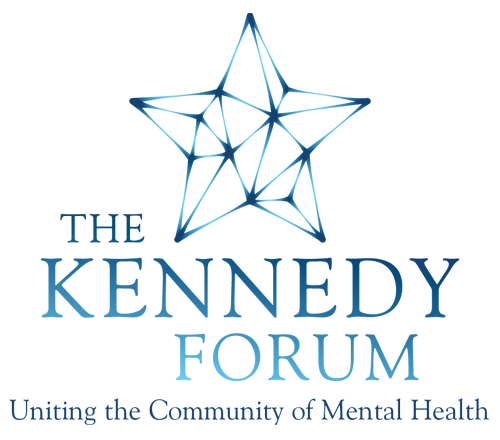 Dr. John Greden. M.D.
Dr. John Greden. M.D.
Executive Director of the University of Michigan Comprehensive Depression Center
Can you imagine 21 leading institutions collaborating on diagnosis and treatment of mood disorders? That’s the National Network of Depression Centers, affecting and advocating for mental health care. What does the NNDC mean for people living with depression or bipolar disorder and their families? Dr. John Greden met with CFYM to talk about the NNDC’s role, concerns, and impacts.
Say Hello to the National Network of Depression Centers
CFYM: Tell us about the NNDC and why it was formed.
JG: The NNDC is a national network of mood disorder specialists from psychiatry, psychology, social work, nursing, etc. To make real progress in the understanding and successful, sustainable treatment of mood disorders, we must
- initiate a more robust approach on how we diagnose, study and treat patients and,
- influence the policies put in place on researching and treating mood disorders
To do all that, a national collaborative network with the resources for widespread, longitudinal follow-up that has the ability to bring research findings into the community is required. At the NNDC we seek to model the collaborative networks for cancer, heart disease, and diabetes care, and emphasize why the same level of effort and funding is necessary to improve the lives of people living with mood disorders.
Read More












Connect With Us